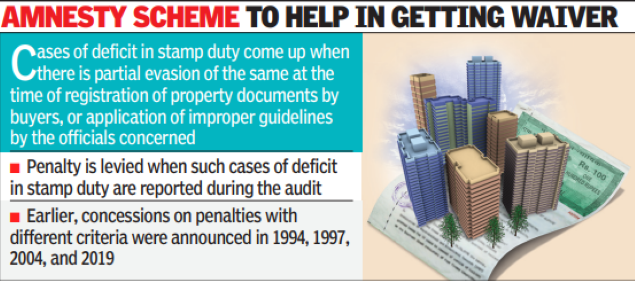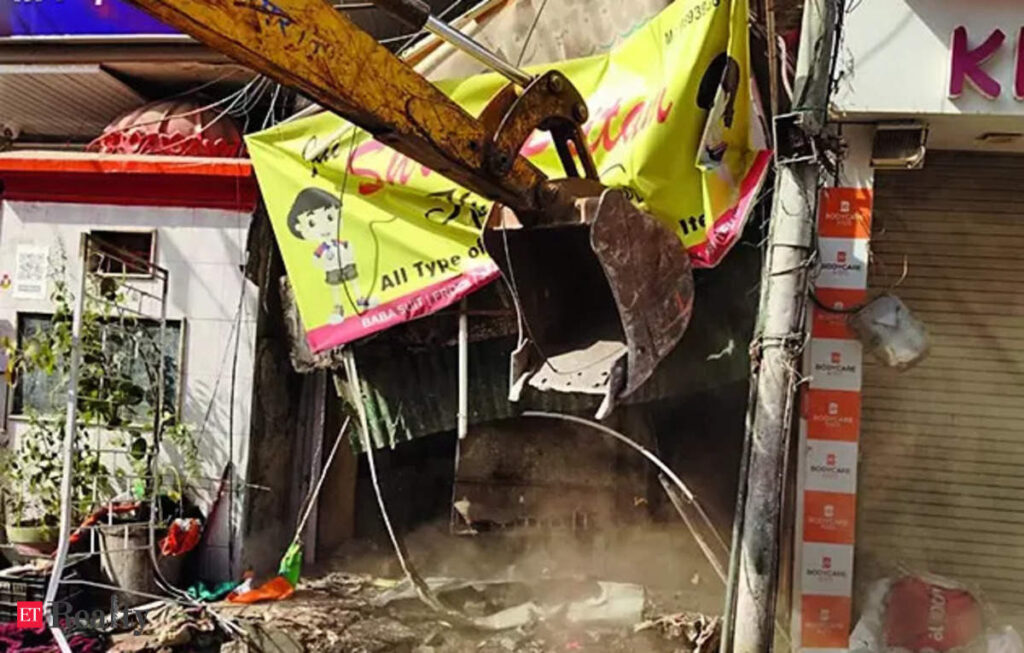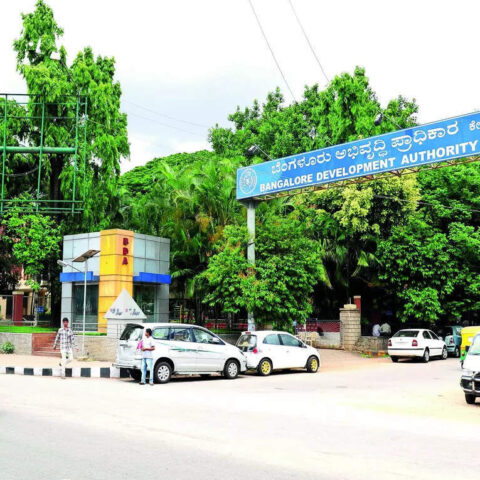
PUNE: The state registration department has threatened to attach properties of those who fail to pay the deficit in stamp duty by March-end.
Senior registration officials said on Saturday that they had identified around 2.32 lakh such cases last month and issued notices so that they could pay by March-end. Only 11,700 people have responded to the notices.
The registration department has decided to attach properties to recover the pending stamp duty dues by March-end. At present, of the 11,700 people who have responded, as many as 2,334 have paid the penalty, while 5,679 cases have been disposed of on account of stamp duty waiver, and around 6,021 cases are under scrutiny, an official said. The total collection registered with the department till mid-January was Rs 20 crore.
“If citizens fail to clear their dues, we will be forced to carry out the process of attaching their properties in order to recover the stamp duty and penalty,” said deputy secretary (stamps and registration) SS Bajaj.
With maximum cases from Mumbai, Pune, Thane, and Nagpur, the government is expected to rake in around Rs 3,000 crore if citizens make the payment, the official said.

Cases identified between 1980-2020 will get penalty waiver if citizens pay the deficit stamp duty amount in the next two months. The amnesty scheme will help people get a waiver on the penalty amount if they pay during the period announced by the state government, which will be implemented in two phases till January 31, and from February 1 to March 31. For cases between 1980-2000, if the stamp duty is less than 1 lakh, then there is a complete waiver on both stamp duty and penalty. In cases where the stamp duty is more than one lakh, there is 50% waiver, while the penalty waiver continues to be 100%.
For cases registered between 2000-2020 if the stamp duty amount is less than Rs 25 crore, then there will be 25% waiver on stamp duty and the penalty will be only 10% and if the amount is more than Rs 25 crore then there will be 20 % stamp duty, and a penalty of Rs 1 crore. The GR was issued in the first week of December last year and by the time people received notices, there was again a delay. “The registration office should consider the time frame before initiating any action,” said S Joshi, a citizen activist.











